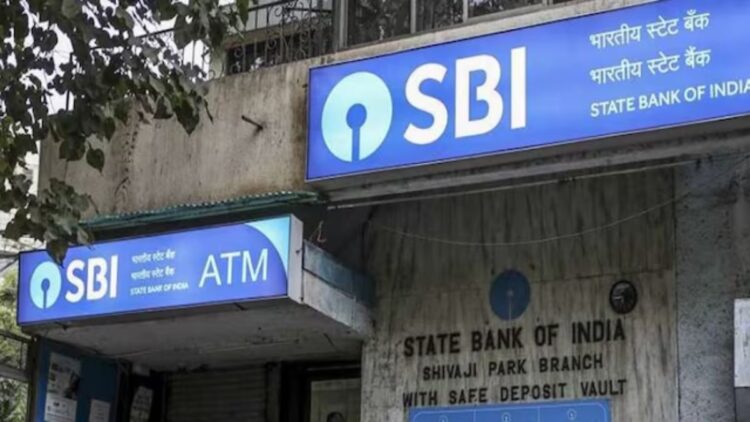Banks can sell the property of the deceased by seizing
Loan Recovery: In today’s time, the trend of taking loans to meet the needs is increasing rapidly. Usually people take loans from banks to buy homes or vehicles. All the banks of the country also offer many types of offers on loans keeping in mind the credit score and repayment history of their customers. After taking a loan from the bank, the borrower has to pay it as an EMI. But have you thought that if the person taking the loan dies, then which person will have to pay the arrears of debt? What do banks do for recovery of loans under such circumstances?
What are the rules for recovery of debt
According to the rules, if a person dies after taking a loan, the banks first contact the co-application of that loan. In such a case, if there is no co-application or is unable to compensate for the co-application loan, then the bank contacts the guarantor. If the guarantor also refuses to compensate the loan, then the banks then contact the legal heir of the deceased borrower and appeal to them to pay the loan outstand from time to time. None of the co-applicants, guarantors and legal heirs is able to make up for loan, so banks start working on the last option for recovery.
Banks can sell the property of the deceased by seizing
Banks have to seize the property of the deceased as the last option for the recovery of the loan. In such cases, banks have the rights that they can recover the loan by selling the property of the deceased. In the case of home loan and auto loan, banks directly seize the deceased’s house or car and then organize and sell the debt by selling it. If a person has taken a personal loan or any other loan, then in such cases banks sell the loan by selling any other property.
Latest business news









